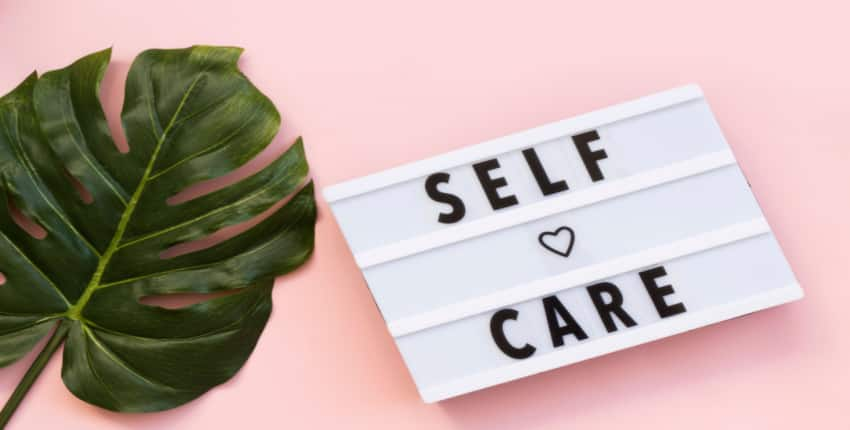SSS Full Form
What is the Full Form of SSS?
The government has started implementing the Self Sufficiency Scheme (SSS) in order to promote and strengthen the public's sense of independence and to boost their involvement in the development and upkeep of local infrastructure.
This type of public participation strategy, supported by government funding, aids the community in becoming "self-sufficient" in terms of its actual needs. Both rural and urban communities will adopt the Self Sufficiency Scheme.
The government acknowledged the need for community involvement in collaborative decision-making, mediation, community building, and consensus building to create an open and transparent process that would allow for the interchange of ideas and the promotion of valuable community assets.
Other common full forms of SSS
SSS (Side-Side-Side): SSS (Side-Side-Side) rule states that two triangles are congruent if the three sides of one triangle are equal to the corresponding three sides of the other triangle.
SSS (School And Student Service): SSS is committed to providing K-12 private and independent schools with cutting-edge technology that combines the power of a comprehensive, cloud-based financial aid platform with the quickest, most accurate document verification services available. We assist schools in keeping up with today's economic realities by offering a comprehensive solution and an efficient approach for administering a successful financial aid and award program.
SSS (Sutton signwriting): Sutton SignWriting, or simply SignWriting, is a system of writing sign languages. It is highly featural and visually iconic, both in the shapes of the characters, which are abstract pictures of the hands, face, and body and in their spatial arrangement on the page, which does not follow a sequential order like the letters that make up written English words. It was developed in 1974 by Valerie Sutton, a dancer who had, two years earlier, developed DanceWriting. Some newer standardized forms are known as the International SignWriting Alphabet (ISWA).
- What is the Full Form of SSS?
- Other common full forms of SSS
- Order
- Selection Of Projects
- List Of Permitted Initiatives
- List Of Prohibited Works
- Work Execution

Order
The Government of Tamil Nadu reintroduced the Self Sufficiency Scheme in 2011-2012 to promote the rural community's attitude of independence and public involvement. The Scheme is being put into practice in both urban and rural regions. The projected cost of the specified work must be funded by the public at least to the extent of one-third. It's been requested that the Director of Rural Development and Panchayat Raj deliver the drought instructions for carrying out the Self Sufficiency Scheme (SSS) for the 2015–2016 financial year.
Selection Of Projects
The people, groups, institutions, public or private businesses, or the community may feel the need to take on a job to place further emphasis on the scheme and its outcomes.
The District Collector must receive both the public's application for the work that has been specified and the letter of approval authorizing a contribution of at least one-third of the projected cost. Only after determining the necessity for and viability of the proposed work can estimates be created.
List Of Permitted Initiatives
Construction of buildings, labs, restrooms, compound walls/fencing, Adi Dravidar, Tribal, Panchayat Union, and Kallar Reclamation schools, government colleges, and government hostels are among the permitted works.
The construction of structures, compound walls and fencing for libraries, veterinary clinics, primary health centers, sub-centers, and government hospitals. It will also be undertaken to build compound walls in burial grounds, including compound walls in burial grounds owned by public wakfs registered with the Tamil Nadu Wakf Board.
List Of Prohibited Works
Unless expressly mentioned under the exclusions, the following works may not be pursued under the SSS:
1) The creation of residential and office space for the federal and state governments and PSUs and cooperative societies.
2) Purchase of all furnishings, equipment, and moveable goods.
3) Any employment in self-supporting institutions.
4) Any projects involving commercial** buildings or apartments.
Work Execution
In accordance with the Tamil Nadu Transparency in Tenders Act of 1998, the Local Bodies or the Department in question will execute the works through a tender process. If the public or contributors choose to carry out the work themselves or through their agency, they must express their desire in writing when applying for the work under the Self Sufficiency Scheme in order to encourage greater engagement of the public in this Scheme.
Frequently Asked Questions (FAQs)
If the public contribution is at least 50% greater than the estimated cost of the work, the District Collector will review the request and allow the donors or the agency to carry out the work.
The District collector is responsible for arranging the work priority for the SSS scheme to be advantaged under the same.
The installation of solar lights in anganwadis and other public structures controlled by the government and rural and urban local bodies, as well as works connected to enhancing environmental sanitation conditions.
The list of works that is not applicable under the scheme are:
Donations to Central, State, or UT Relief Funds, grants, and loans.
Land acquisition or any form of recompense for land purchased.
Payment for all finished or partially finished works or goods.
Assets for personal or family use.
All earnings and ongoing expenses.
Without the owner's approval, no permanent construction should be built on the site. The contributing individual or entity has no ownership or other rights to the property or its usage.